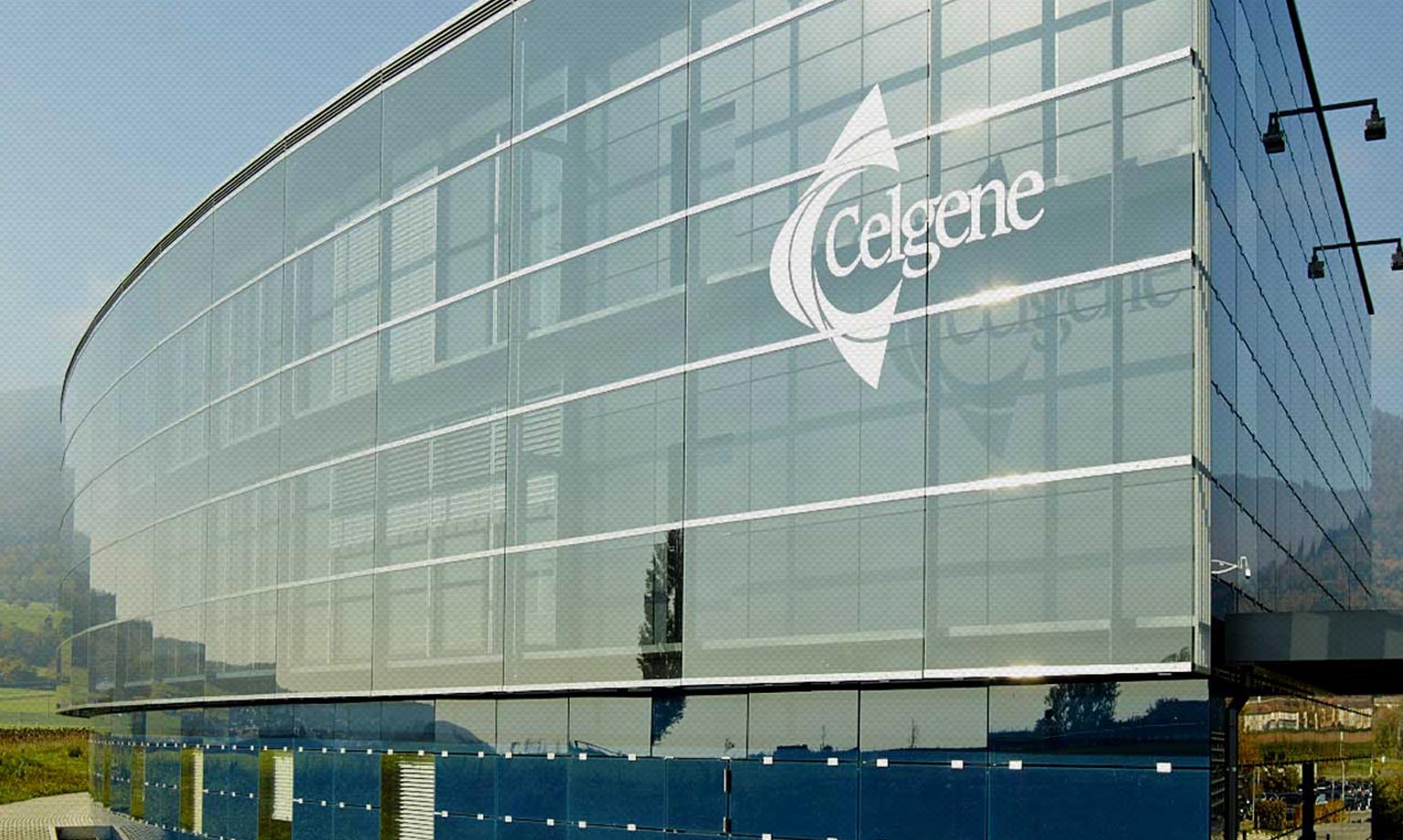Doubts over BMS-Celgene merger after Starboard intervention

Doubts are mounting about whether Bristol-Myers Squibb’s $74 billion merger with Celgene will go ahead after another key investor came out against the deal.
Hedge fund Starboard Value followed BMS’ second largest investor Welling Management in opposing the deal, which would be one of the largest pharmaceutical takeovers in history.
In a letter to BMS shareholders on Thursday, Starboard said that the merger with Celgene is “poorly conceived and ill-advised”.
The activist investor said that it would vote against the proposals at a forthcoming special meeting, which is due to take place on April 12.
In the letter, Starboard gave five reasons for opposing the merger, after following both companies for several years.
BMS is buying a company with a “massive patent cliff”, Starboard said, noting that the loss of protection on Celgene’s blockbuster cancer drug Revlimid could reduce revenues by 60% over the next seven years.
Starboard added that Celgene’s pipeline is “extremely risky” and will require considerable R&D investment over the next eight years, after which time all of Celgene’s marketed products will have lost patent protection.
The deal has been “hastily constructed” to thwart potential strategic interest in BMS, Starboard said, adding that there are other options to improve a return on investment in the company's shares.
BMS could either find a more “focused, lower-risk strategy” as a standalone company, or put itself up for sale, Starboard argued.
After Starboard’s intervention, BMS posted a response on its website, saying that it “welcomes the opinions” of all stockholders.
BMS said that buying Celgene is a “natural next step” in its strategy and will create a “leading biopharma with increased scale”.
Celgene’s pipeline has more than $15 billion in total revenue potential, BMS said, and the merged company will have a portfolio including more drugs that are early in their life-cycle, with several years of premium pricing ahead of them.
The enormous cash flow of around $45 billion will enable the merged company to quickly pay off its debts, BMS added.
Celgene made no comment – although press reports noted that its CEO Mark Alles is set to make $28 million if he leaves the company after the merger.
Celgene's shares fell almost 9% following the events, while BMS ticked up nearly 2%.













